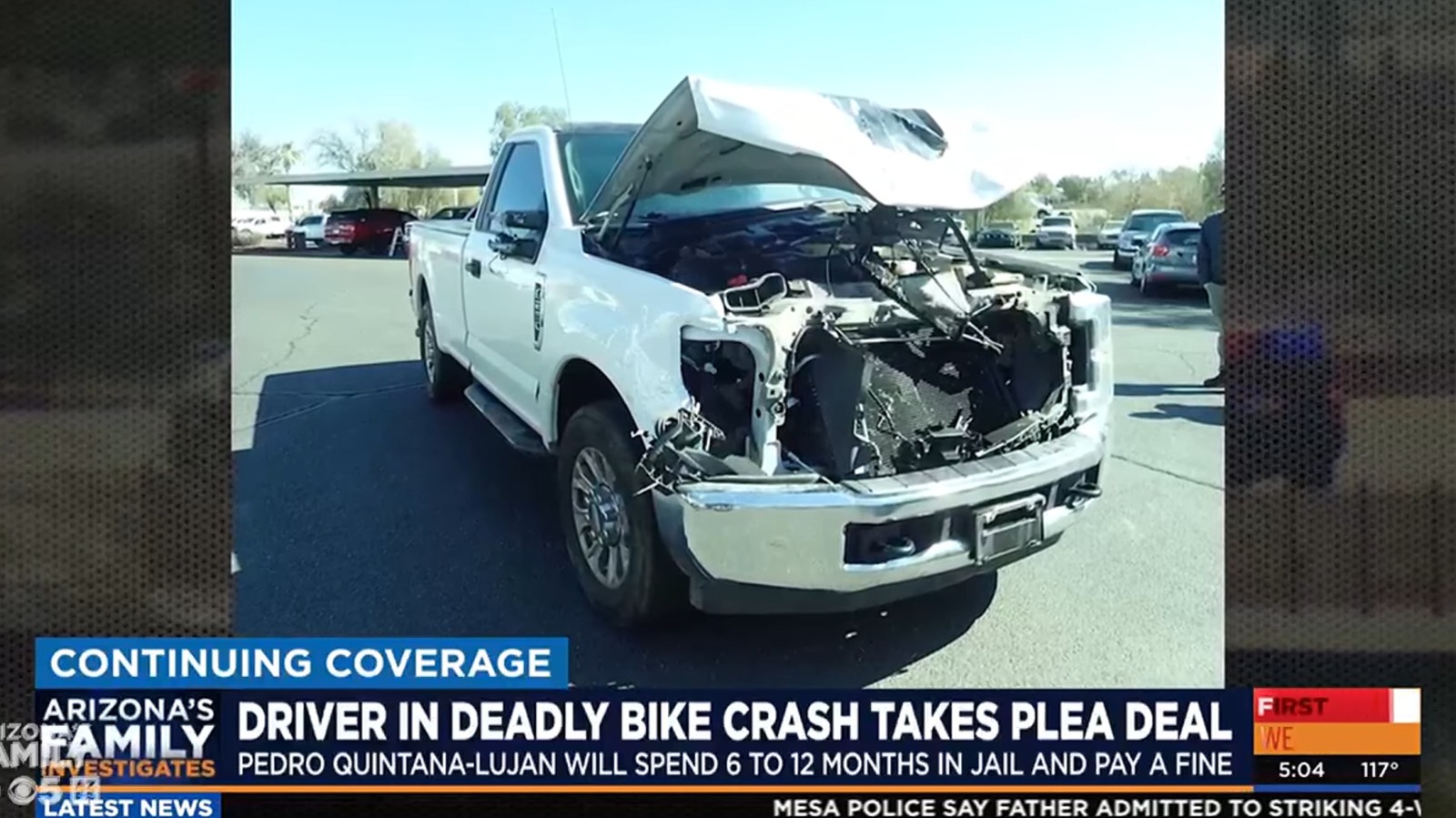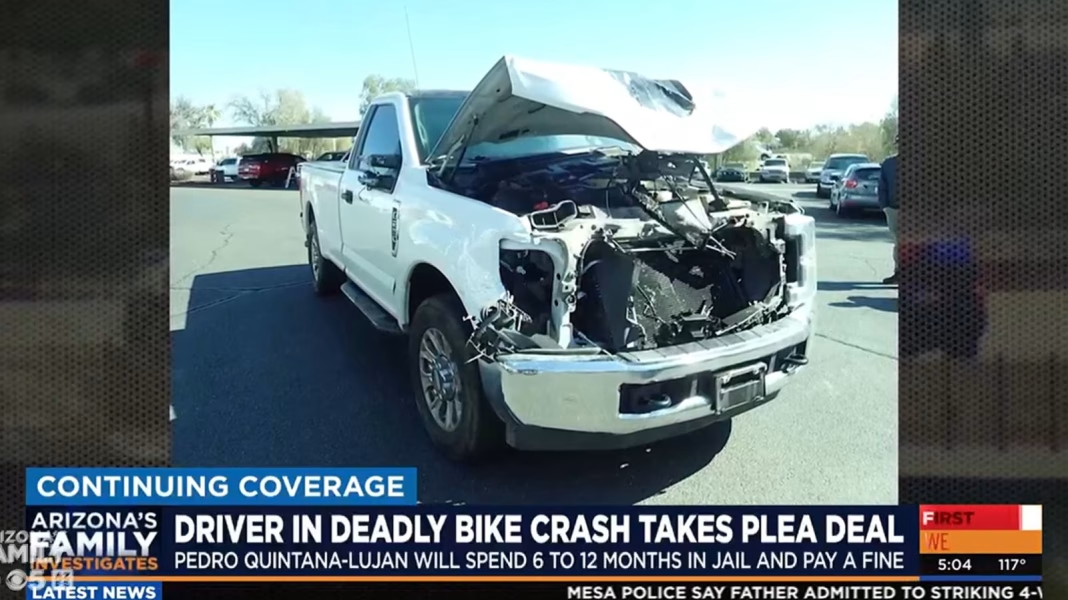Why Are Sentences So Short When Tragedy Strikes on the Road?
It’s a question that leaves many people shaking their heads: How can someone cause a crash that kills two people, leaves others with life-changing injuries, and still face only a year in jail? The disconnect between the devastation caused and the penalty handed down is jarring. But the reasons behind these short sentences are more complicated than they might seem at first glance.
What Determines the Penalty for Deadly Driving Incidents?
When a driver causes a fatal crash, most people expect the consequences to be severe. But in many places, the law draws a sharp line between intentional harm and negligence. If someone deliberately sets out to hurt others, that’s one thing. But if a driver is found to be merely careless—or even reckless, but not malicious—the penalties often fall under traffic laws rather than criminal statutes.
For example, in several states, causing a death while driving without intent is prosecuted as vehicular manslaughter or negligent homicide. The maximum penalties for these offenses can be surprisingly light. According to the National Conference of State Legislatures, many states cap jail time for negligent vehicular manslaughter at one year, especially if there are no aggravating factors like intoxication or fleeing the scene.
Why Do Victims and Families Feel Justice Isn’t Served?
For families who have lost loved ones or survivors facing years of rehabilitation, a one-year sentence can feel like a slap in the face. The emotional toll is immeasurable. Imagine spending months relearning how to walk, only to find out the person responsible might spend less time behind bars than you do in physical therapy.
Victim impact statements often highlight this disconnect. In a 2022 survey by Mothers Against Drunk Driving, over 70% of respondents felt that current penalties for non-DUI fatal crashes were too lenient. The pain doesn’t end with the verdict—it lingers, compounded by a sense that the system values drivers’ freedom over victims’ lives.
How Do Laws Vary Across States and Countries?
Not all places treat these cases the same way. In some European countries, causing a fatal crash—even unintentionally—can lead to several years in prison, especially if gross negligence is involved. In contrast, many U.S. states reserve the harshest penalties for cases involving drugs, alcohol, or clear evidence of reckless disregard.
A 2023 report from the Governors Highway Safety Association found that only 18 states have mandatory minimum sentences for vehicular manslaughter, and even then, the minimums are often less than two years. The result? A patchwork of outcomes, where the same tragedy might lead to vastly different consequences depending on where it happens.
Can Changing the Law Make Roads Safer?
Advocates argue that stiffer penalties could deter dangerous driving. But the data is mixed. A 2021 study published in the American Journal of Public Health found that increasing penalties for negligent driving had only a modest effect on crash rates. Experts say that while punishment matters, prevention—like better road design, stricter licensing, and public education—plays a bigger role in saving lives.
Some states are experimenting with restorative justice programs, where offenders meet with victims’ families to understand the real impact of their actions. Early evidence suggests this approach can reduce repeat offenses and help families find closure.
What Can You Do If You’re Affected by a Crash Like This?
If you or someone you love has been impacted by a serious crash, it’s easy to feel powerless. But there are steps you can take. Victim advocacy groups can help you navigate the legal process and make your voice heard in court. You can also push for legislative change—many states have passed tougher laws after grassroots campaigns led by survivors and families.
It’s also worth connecting with support groups. Sharing your story and hearing from others who’ve been through similar experiences can be a powerful way to process grief and channel it into action.
The big takeaway? Justice for road tragedies isn’t about perfection—it’s about smarter adjustments. Start with one change this week, and you’ll likely spot the difference by month’s end.


